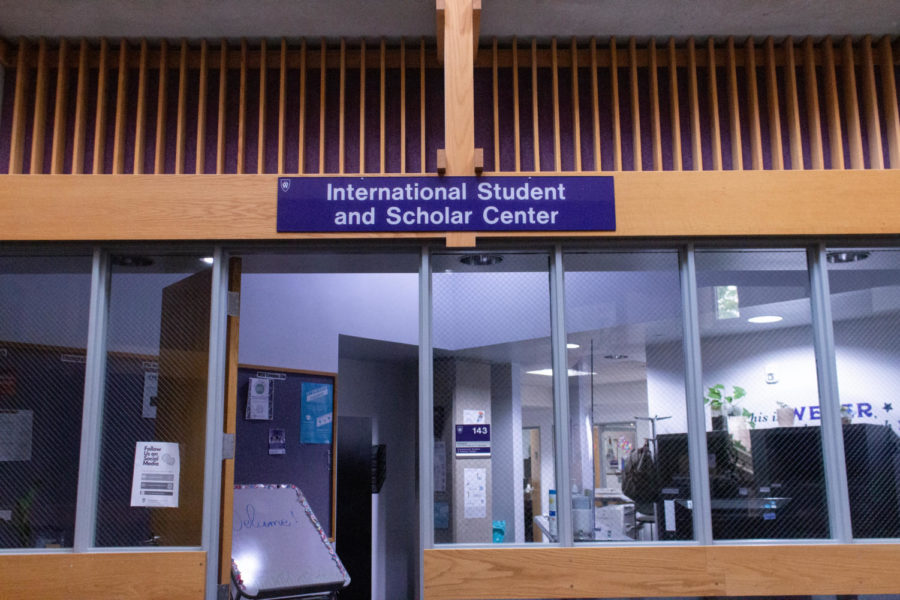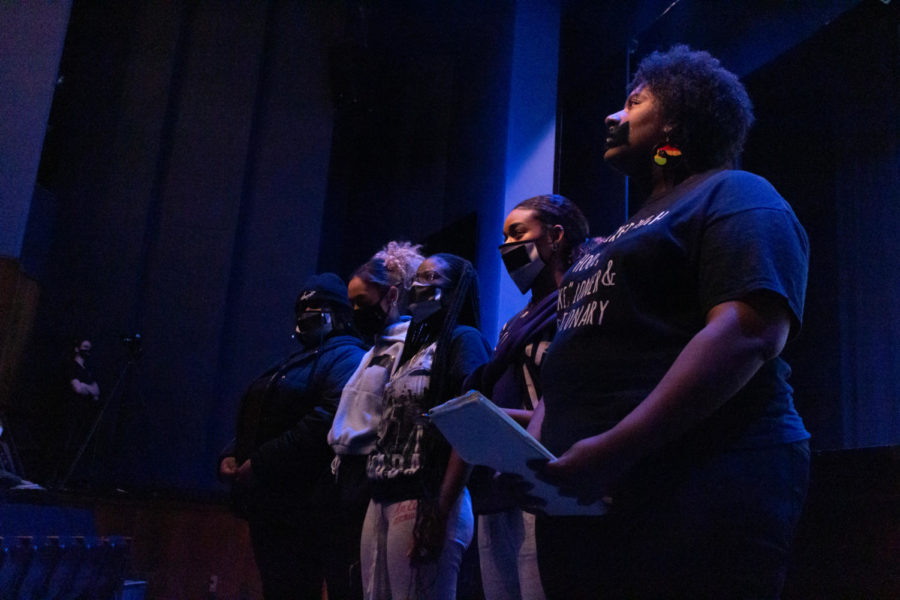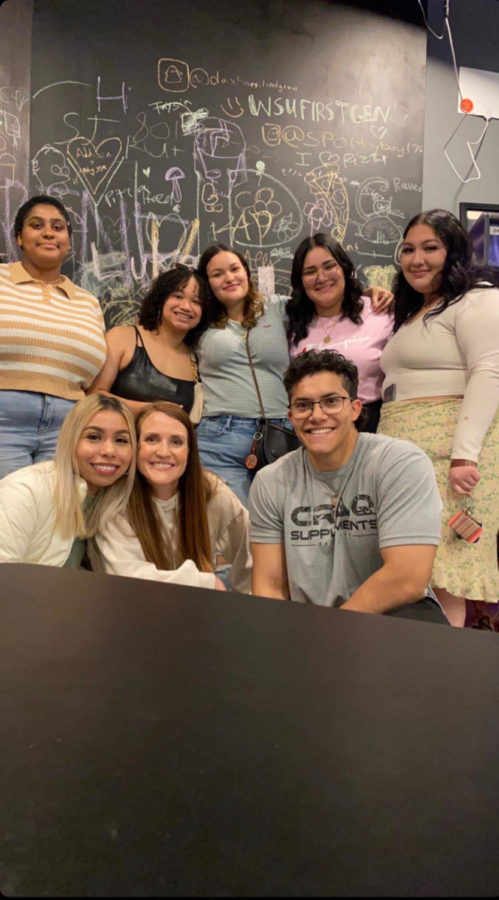
For many students, learning to study effectively can be a difficult and on-going process throughout their college careers. Here are some Weber State University students’ suggestions on ways to study more effectively.
Location, location, location
Nittaya Phonharath, a senior in computer science, said she studies best at school in a place where she can spread out her notes and textbooks on a table. For Phonharath some of the best places to study include the Stewart Library and the quiet study lounge on the third floor of the Shepherd Union building.
“I don’t study well at home at all,” said Phonharath. “If I’m at home, I don’t focus well. I get distracted when I’m at home. There’s food in the kitchen, or my bed is calling me.”
Phonharath also suggested that students studying for more than one class should consider creating an outline of what material needs to be covered in a single study session. By doing this, “you know how much you have left,” Phonharath said. “Sometimes when you sit down to study, you don’t know how much time you need . . . Having an outline helps you see how much more you need to study.”
Pretty colors
Mimi Liy, a senior studying nursing, said that she highlights her notes in order to save herself some time. Reviewing notes and highlighting information also makes studying for tests easier because important information is more evident.
“(Highlighting notes) saves me time,” Liy said. “In college, you can’t go through the whole book at once, so you can see just the important things that you’ve highlighted.”
Liy also suggested that recording lectures may be a good option for students speaking English as a second language. By recording lectures, Liy said she can listen to lectures multiple times, allowing her to better understand what was said and to take more comprehensive notes.
To infinity and beyond
Ellena Thomas, a senior in microbiology, also studies in the Stewart Library. Thomas said she studies key concepts from the professor’s lecture and assigned reading. Thomas said that once she identifies key concepts, she color-codes them, highlighting key concepts in her notes from the lecture and reading.
“Sometimes I’ll look them up and try to elaborate things on them so I can better understand it,” Thomas said. “I try to get ahead of what exactly the teacher is trying to get us to understand, to get to the next step of what they want us to know.”
Thomas said she researches key concepts beyond the textbook and lectures to anticipate what’s next in her coursework. Making a habit of understanding concepts more than necessary can help a student find future employment as well as be able to easily answer test questions, she said.
The early studying student gets the grade.
Emily Johnson, a sophomore who is also studying nursing, said that she has learned that it’s never too early to start studying for a test and that putting off studying can have negative consequences.
“My test closes today so I have to cram for it,” Johnson said. “I’m reviewing the lectures, but I didn’t get a lot out of the lecture the first time. Had I studied like this right after the lecture, I think I would remember more.”
According to these students, effectively studying happens where distractions like sleep and chores are minimal. The next time that big test rolls around, apply a few of these tips and see how well they work against even the hardest concepts.






